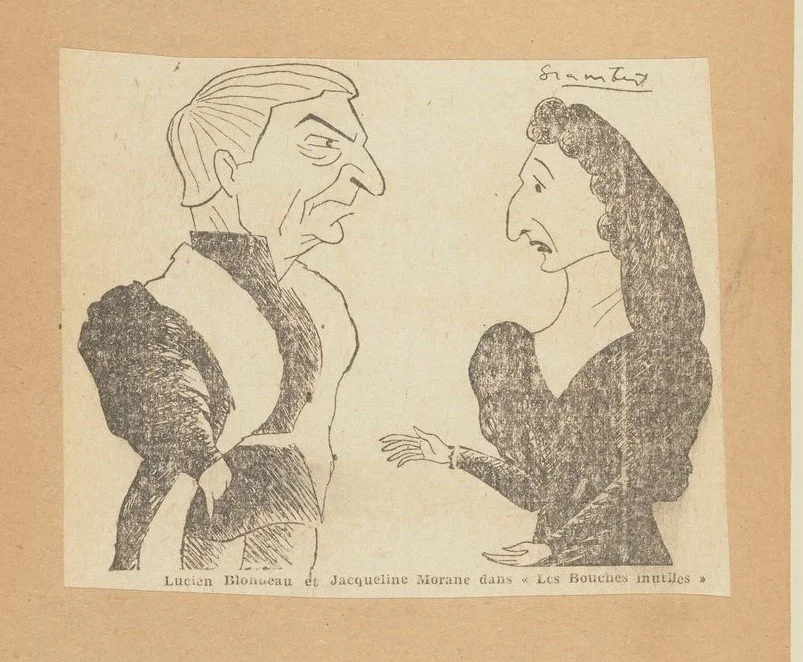Book Project
My first book project, Voices of Authority, critically addresses the question, “Why are women not heard as authoritative speakers in political life?” in the history of political thought. The relationship between voice and authority is a well-trod topic in political theory and philosophy. These two concepts—voice and political authority—often hang together in the approaches through feminist standpoint theory. Voice, on this account, is understood as embodied presence, and its authority derives from the intimate connection between one’s social and political position in the world and how that experience shapes how and what we can know about it. While the work of philosophers of epistemic justice have advanced our understanding of how the identity or the presence of the speaker informs the way a listener hears a speaker’s claims—and how listeners can meaningfully attend to their ignorance or deficits of knowledge to hear better and more just ways—this condition of possibility is dimmed by the ways these accounts place the agency of voice on the side of the listener. The move that follows is that speakers are presumed to be disempowered until the listener confers authority on their speech. As women’s claims are increasingly and violently refused in public life, feminist thinkers and activists have worried that voice is ultimately an appeal to personal experience that is ineffective for motivating collective political action against those forms of power that oppress women and other feminized subjects.
I intervene in these literatures by refusing their understanding of voice as presence that occurs in dyadic relations of political interlocution, and I offer a new theoretical approach to voice that is collective and political. More specifically, I theorize voice as an audience-making action that becomes authoritative as actors engage in poetic practices of re-making audiences for women who have been silenced, un-making patriarchy, and re-signifying the meanings attached to women’s words and bodies. Building on the work of feminist political theorists of performative claims-making, I use the lens of poetics to recover how voice is both a linguistic and embodied practice that is enacted by and on others. Voice, I argue, occurs in both silence and speech, reshaping scenes of linguistic, symbolic, semiotic, and material exchange. Viewed in this way, I argue that voice becomes a means by which subjects can transform political authority as patriarchal power into political authority as collective authorship. This is the case because the failure of being responded to by patriarchal authority figures, opens the way for women to resist and engage with others in experiences of collective constitution and political freedom that have otherwise been foreclosed to them. My book project develops this theoretical approach through novel readings of Simone de Beauvoir’s Les bouches inutiles (The Useless Mouths), Hélène Cixous’s Portrait de Dora (Portrait of Dora), and Monique Wittig’s Le voyage sans fin (Constant Journey).
Article
Chen, A. “The Poetics of Failure in Simone de Beauvoir’s Les bouches inutiles” in Contemporary Political Theory (2023).
Review Essays
Chen, A. “Review of Emily Beausoleil’s Staging Democracy: The Political Work of Live Performance” in Political Theory (2025).
Chen, A. “Review of Romand Coles’ Visionary Pragmatism: Radical and Ecological Democracy in Neoliberal Times” in William James Studies 14:1 (2018).
Occasional Writing
“#diacritics@50: An Interview with Neil Hertz.” Diacritics Blog. https://www.diacriticsjournal.com/diacritics50-an-interview-with-neil-hertz/
“#diacritics@50: An Interview with Emoretta Yang.” Diacritics Blog. https://www.diacriticsjournal.com/diacritics50-an-interview-with-emoretta-yang/














































































































